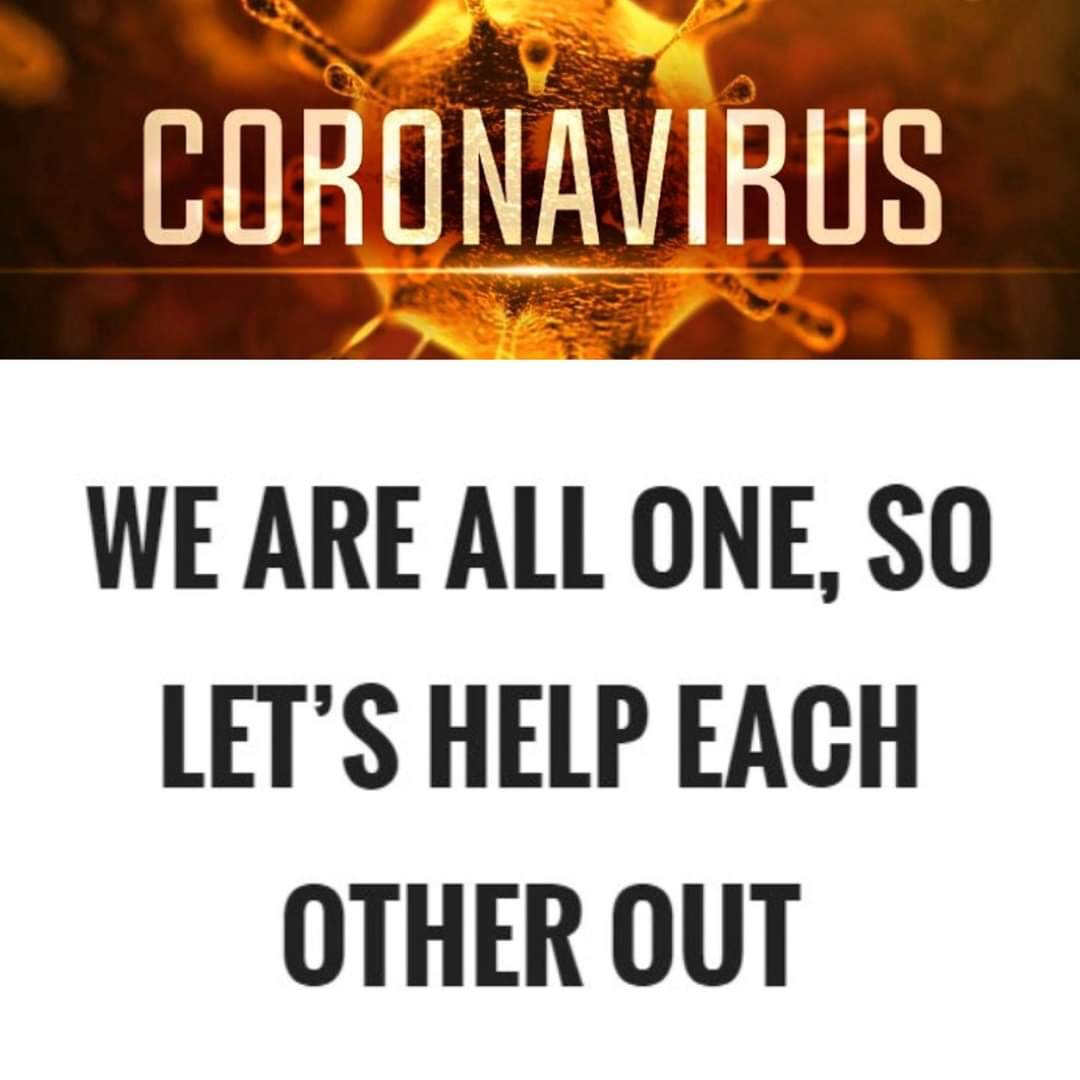PHARMA-DSM CONFLICTS OF INTEREST
Controversy surrounding DSM development rests largely on its influence by the pharmaceutical
industry. A high profile study by Lisa Cosgrove, associate professor of clinical psychology at the University of Massachusetts, Boston, USA, in 2006 forced the American Psychiatric Association to disclose financial ties between DSM Task Force members and drug companies. However, the move toward transparency did little to cut down on conflicts. A subse-quent study released by Cosgrove in March this year revealed nearly 70 percent of DSM-5 panel members reported financial relationships with drug companies – up from 57 per-cent for DSM-4.
DSM-IV and its counterpart, the World Health Organisation’s mental disorders section of the International Classification of Diseases (ICD) are used not only to diagnose mental “disorder” and prescribe “treatment,” but also to resolve child custody bat-tles, discrimination cases based on alleged psychiatric disability, aug-ment court testimony, modify educa-tion, and much more.
Professor Szasz says, “The diagno-ses of most mental diseases are used to justify the psychiatrist’s obligation to commit patients or his need to prescribe drugs and other so-called treatments for them…” When insur-ance reimbursement is dependent upon a DSM diagnosis, he adds, this “creates a host of ethical and social problems…” Another physician puts it more bluntly: “The sicker you make a patient look, the more money you get.”
Professor Spillane says DSM is essentially a book that tries to con-vince people that the behaviour that annoys, upsets or offends people should, in fact, be called an illness.
Bruce Levine, Ph.D., a clinical psy-chologist and author says that many of those diagnosed with Oppositional Defiant Disorder or ADHD are essen-tially anti-authoritarians: questioning the authorities’ honesty and legiti-macy and whether the authorities – in this case psychiatrists – know what they are talking about.
He also laments how few anti-authoritarians there appear to be today but said the “reason could be
that many natural anti-authoritarians are now psychopathologised and medicated before they achieve politi-cal consciousness of society’s most oppressive authorities.”
Dr. Jeffrey A Schaler, a psycholo-gist and professor in the Depart-ment of Justice, Law and Society at American University’s School of Public Affairs in Washington, D.C., would agree they are “authoritar-ians.” He refers to them as the “cult of psychiatry” which demands un-questioning acceptance of its belief system about mental illness – with-out physical proof. Mental illness, he says, “is always diagnosed on some sort of social conflict, when people do something that others find ob-jectionable, they can be diagnosed as mentally ill. If the person doing the diagnosing is more powerful that the person diagnosed, then there’s trouble. In this sense, the diagnosis of mental illness is always a weapon.”
industry. A high profile study by Lisa Cosgrove, associate professor of clinical psychology at the University of Massachusetts, Boston, USA, in 2006 forced the American Psychiatric Association to disclose financial ties between DSM Task Force members and drug companies. However, the move toward transparency did little to cut down on conflicts. A subse-quent study released by Cosgrove in March this year revealed nearly 70 percent of DSM-5 panel members reported financial relationships with drug companies – up from 57 per-cent for DSM-4.
DSM-IV and its counterpart, the World Health Organisation’s mental disorders section of the International Classification of Diseases (ICD) are used not only to diagnose mental “disorder” and prescribe “treatment,” but also to resolve child custody bat-tles, discrimination cases based on alleged psychiatric disability, aug-ment court testimony, modify educa-tion, and much more.
Professor Szasz says, “The diagno-ses of most mental diseases are used to justify the psychiatrist’s obligation to commit patients or his need to prescribe drugs and other so-called treatments for them…” When insur-ance reimbursement is dependent upon a DSM diagnosis, he adds, this “creates a host of ethical and social problems…” Another physician puts it more bluntly: “The sicker you make a patient look, the more money you get.”
Professor Spillane says DSM is essentially a book that tries to con-vince people that the behaviour that annoys, upsets or offends people should, in fact, be called an illness.
Bruce Levine, Ph.D., a clinical psy-chologist and author says that many of those diagnosed with Oppositional Defiant Disorder or ADHD are essen-tially anti-authoritarians: questioning the authorities’ honesty and legiti-macy and whether the authorities – in this case psychiatrists – know what they are talking about.
He also laments how few anti-authoritarians there appear to be today but said the “reason could be
that many natural anti-authoritarians are now psychopathologised and medicated before they achieve politi-cal consciousness of society’s most oppressive authorities.”
Dr. Jeffrey A Schaler, a psycholo-gist and professor in the Depart-ment of Justice, Law and Society at American University’s School of Public Affairs in Washington, D.C., would agree they are “authoritar-ians.” He refers to them as the “cult of psychiatry” which demands un-questioning acceptance of its belief system about mental illness – with-out physical proof. Mental illness, he says, “is always diagnosed on some sort of social conflict, when people do something that others find ob-jectionable, they can be diagnosed as mentally ill. If the person doing the diagnosing is more powerful that the person diagnosed, then there’s trouble. In this sense, the diagnosis of mental illness is always a weapon.”

Comments
Post a Comment